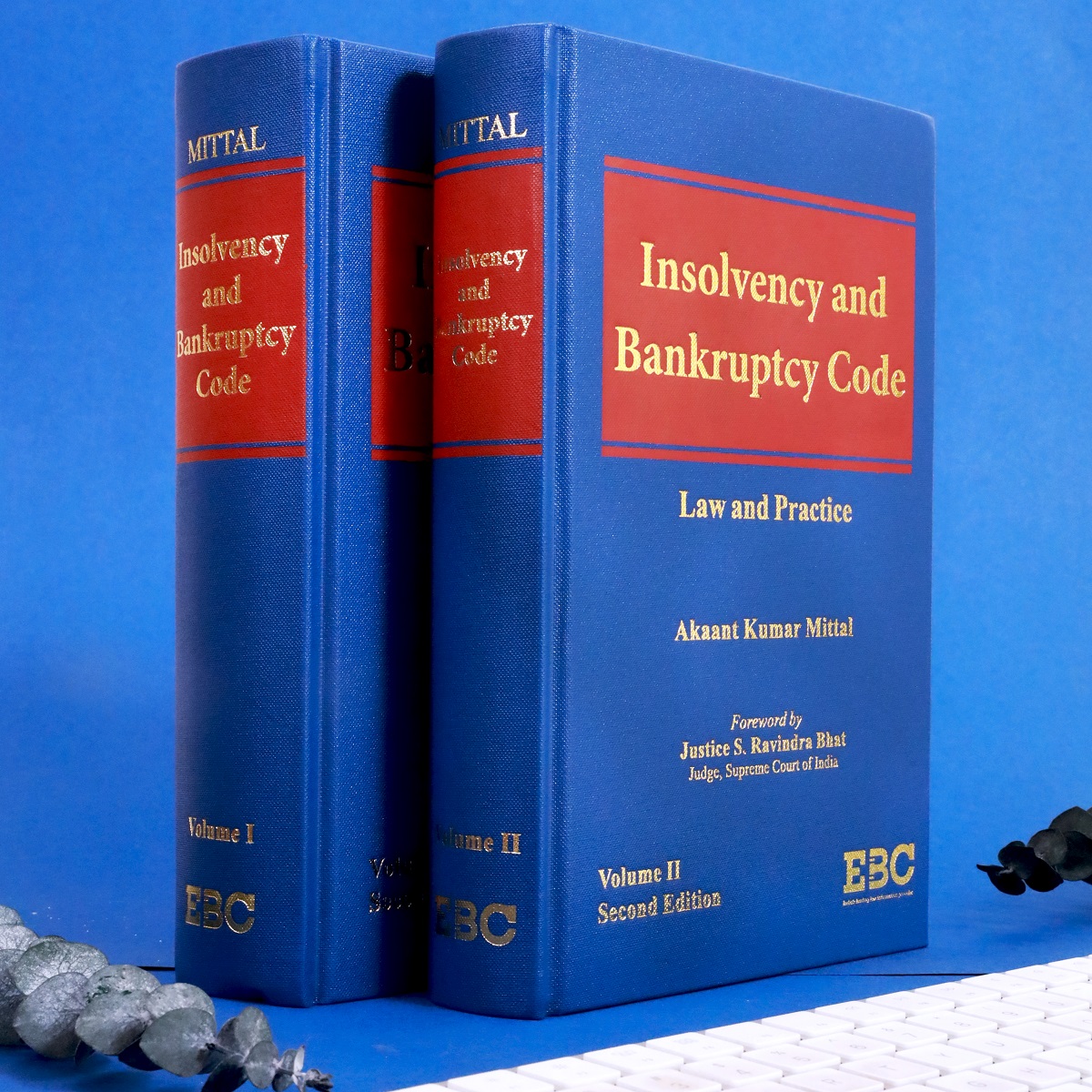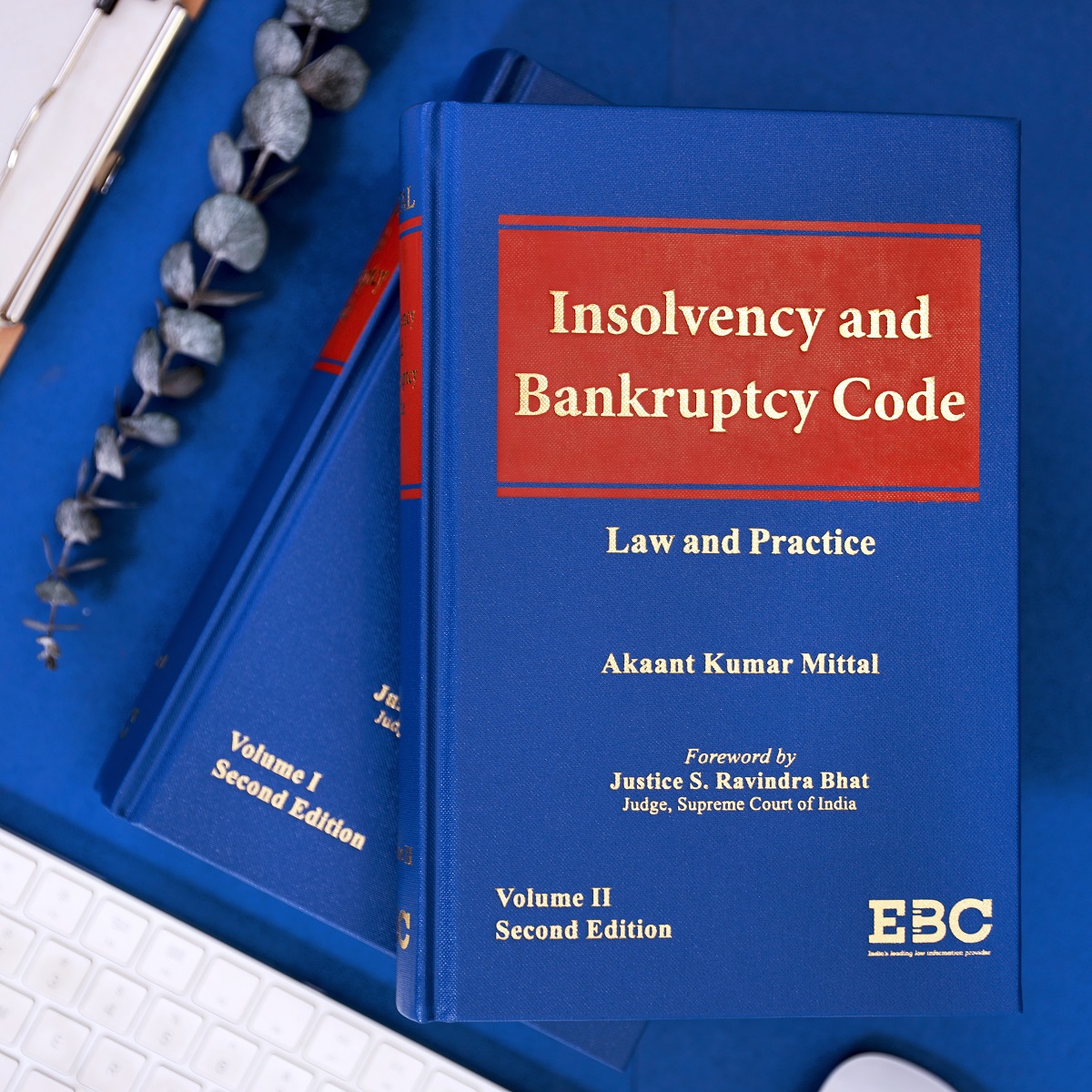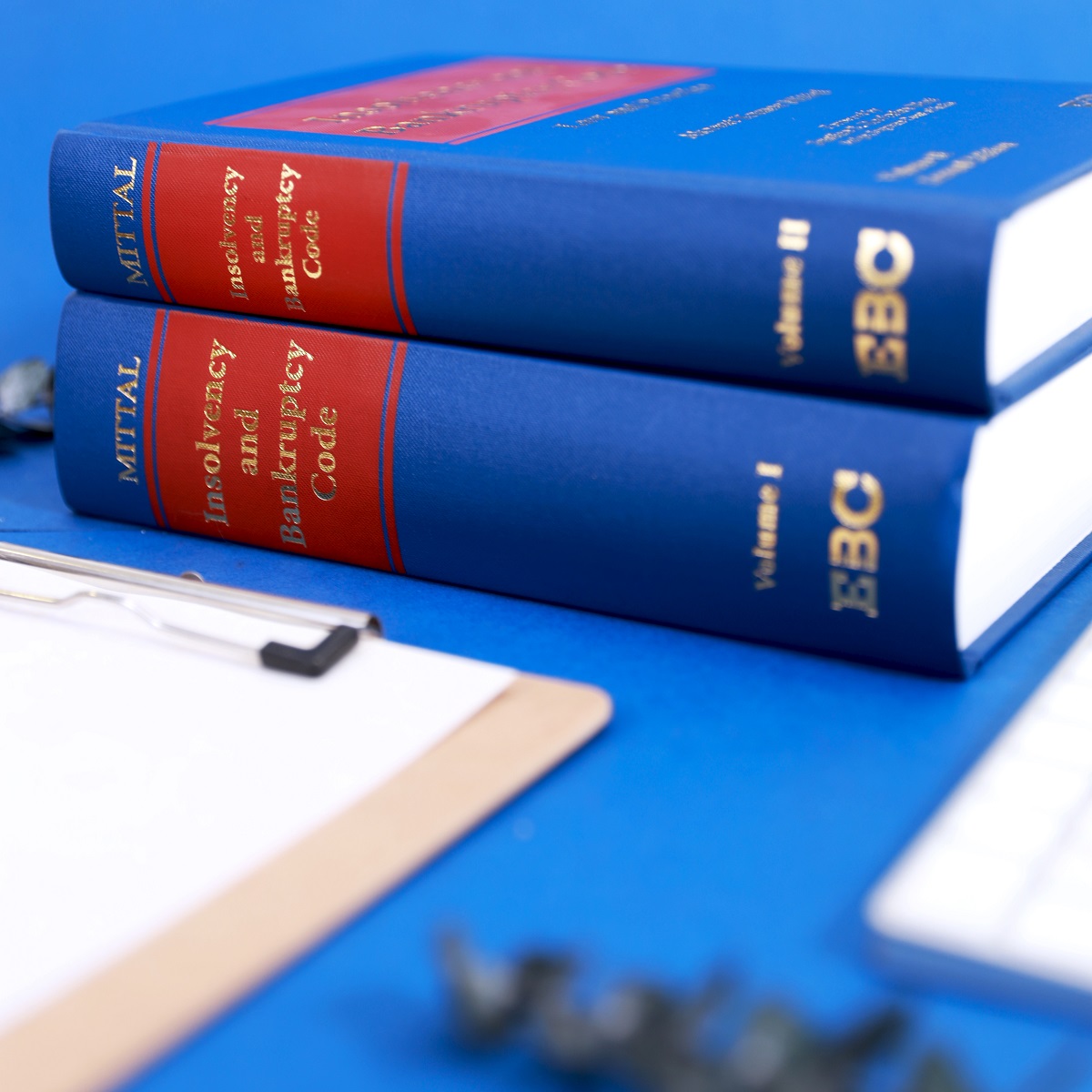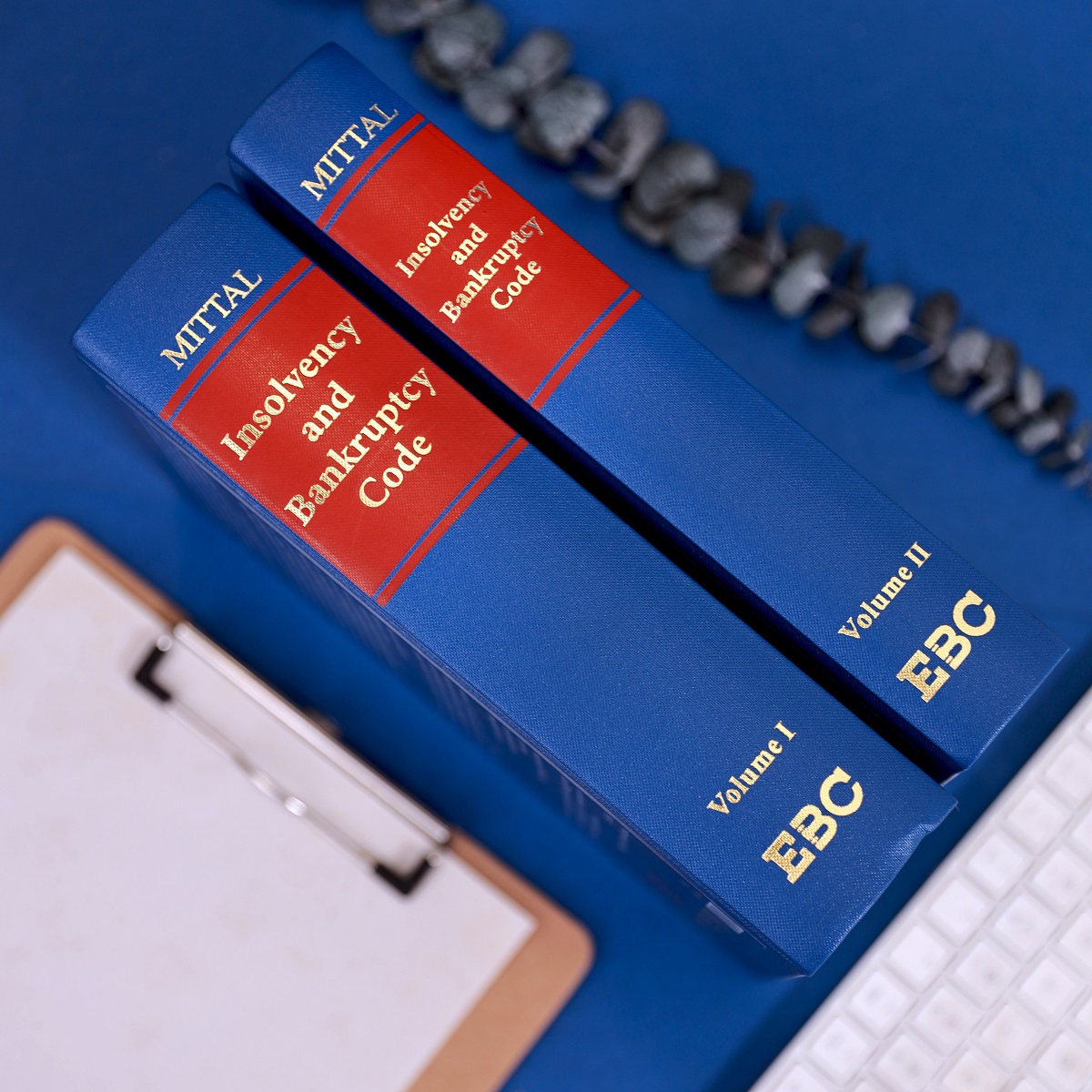Limitation Act and Insolvency and Bankruptcy Code- As for the purview of the limitation act, its provisions are not foreign or excluded to operate in the concern of IBC proceedings. Section 238A of The Insolvency and Bankruptcy Code, which was added via the amendment in 2018, expressly provides for the application of the provisions of the Limitation Act to the proceedings or appeals before the adjudicating authority under the code, National Company Law Appellate Tribunal (NCLAT), Debt Recovery Tribunal (DRT) or Debt Recovery Appellate tribunal[Refer to- Limitation, Ch. 54 of Insolvency and Bankruptcy Code: Law and Practice (Volume 2) by Akaant Kumar Mittal; 2nd Edition, EBC]. Acknowledgment of a liability and its consequential effects find their place as a legal provision under section 18 of the Indian Limitation Act. Section 18 of the Act lists the impact of a written acknowledgment on calculating the limitation period for a cause of action, against the said liability.
Section 18 of the Limitation Act provides that-
If, before the expiration of the prescribed period of limitation for a suit or an application in concern of any property or a legal right, a written and signed acknowledgment of liability in concern of such property or right is made, by the party against whom such property or right is claimed, or by any person through whom he derives his title or liability, then a fresh period of limitation starts from the time when the acknowledgment was so signed. As for an updated acknowledgment, oral evidence may be given in this regard. However, subject to the Indian Evidence Act., oral evidence for the content of the written acknowledgment would not be admissible (i.e. except for cases where secondary evidence of a document in form of oral evidence by the person who has himself seen that document, is allowed).
Implications Of Acknowledgment In A Balance Sheet–
Supreme Court earlier in a leading case of Laxmi Pat Surana v. Union Bank of India and Another (2021), pointed at the applicability of section 18 of the Limitation Act to the IBC Proceedings. Recently, an application filed by the State Bank of India, under Section 7 of the Insolvency and Bankruptcy Code, 2016 for initiation of the Corporate Insolvency Resolution Process was rejected on the ground of limitation. However, in an appeal against the said rejection, the Supreme Court in State Bank of India v. Krishidhan Seeds Private Limited, held that provisions of S.18 of the Limitation Act, validly apply to the proceedings under the Insolvency and Bankruptcy Code. An unequivocal acknowledgment in a balance sheet via an entry qua a creditor in concern, without a qualification, caveat, or subjective condition- can be used as evidence and basis for determining whether the period of limitation as for the concerned liability would stand extended, so long as the acknowledgment was within a prescribed period of limitation of three years from the original date of default.
Section 7 of the code provides for filing of an application for initiation of corporate insolvency resolution process against a corporate debtor, before the Adjudicating Authority when a default occurs [Refer to Financial Creditors, Ch. 7 of Insolvency and Bankruptcy Code: Law and Practice (Volume 1) by Akaant Kumar Mittal; 2nd Edition, EBC]. The term ‘default’ can be traced back to section 3(12) of the code as- non-payment of “debt” when the whole or any part or installment of the amount of debt has become due and payable and is not paid by the debtor or the corporate debtor [Refer to Definition Clause, Ch. 3 of Insolvency and Bankruptcy Code: Law and Practice (Volume 1) by Akaant Kumar Mittal; 2nd Edition, EBC]. On a conjoint reading, it can be framed that any written acknowledgment of such liability (that has been defaulted to) would reflect its effects from Section 18 of the Limitation Act, starting a fresh period of limitation, and it would come to effect every time the principal borrower or the corporate debtor acknowledges his liability, within the period of limitation.
It is pertinent to note that by the virtue of this legal exception, the limitation period in itself is not extended or enlarged rather a new period of limitation begins to run from the date of the acknowledgment made and the acknowledgment has to be made before the limitation period already running, against the cause of action, extinguishes. The legislative intent behind the fresh period of limitation being that acknowledgment by the person liable himself acknowledges a cause of action in itself and hence bar of limitation should not bar such a cause. The limitation period starts anew but the old cause of action remains in itself and the acknowledgment is rather for its sustenance.
So, an entry in the balance sheet that can be read as an absolute written acknowledgment of the liability in question would attract the benefit of S. 18 of the Limitation Act for proceedings under the Insolvency and Bankruptcy Code, by the virtue of the Limitation Act’s valid application to the Code.
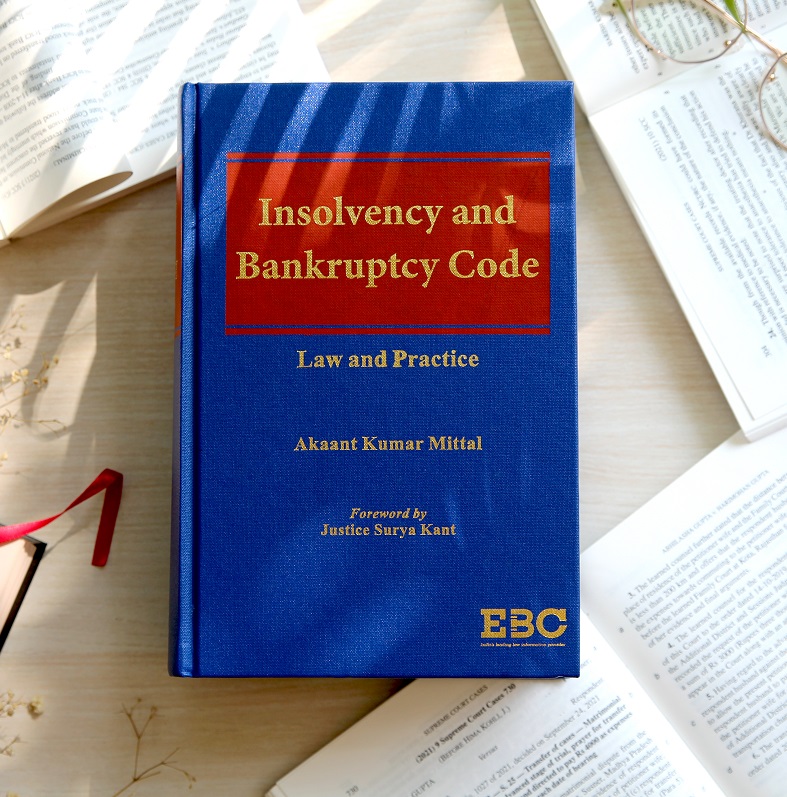
For further references and detailed know-how of IBC, refer to Insolvency and Bankruptcy Code: Law and Practice (In 2 Volumes) by Akaant Kumar Mittal. A crisp, well-researched, and thoroughly updated compendium of the ever-evolving law of The Insolvency and Bankruptcy Code, along with updated case laws and amendments.
